
“The small organic farm greatly discomforts the corporate/industrial mind because it is one of the most relentlessly subversive forces on the planet. Over centuries both the communist and the capitalist systems have tried to destroy small farms because they are a threat to the consolidation of absolute power. . . .
It is very difficult to control people who can create products without purchasing inputs from the system, who can market their products directly thus avoiding the involvement of mercenary middlemen, . . . who can’t be bullied because they can feed their own faces.”
Adventures in urban farming.
I got interested in maple sugaring a few years ago after buying a property with three very old maple trees on it. but I assumed I couldn’t get any usable syrup out of the trees because they are silver maples and not sugar maples, it turns out you just get a lot less syrup and you have to boil the sap a lot longer but it works fine and tastes great. I am a total newbie but I can’t imagine not tapping for syrup now.
It appears to me that humans often strive to demonstrate their superiority over nature, attempting to conquer or shame it. After reading the enlightening book "Braiding Sweet Grass," I gained a better understanding of why Western European settlers viewed nature with disdain compared to indigenous people.
We all know that honeybees in North America (and much of the rest of the world) are having really serious health problems; and that these problems have greatly reduced honeybee colony numbers, driven many beekeepers out of business, and have the potential to seriously disrupt the world’s food supply. This is especially troubling because, at the same time, bio-medical research is growing so rapidly that many careers and journals are now entirely devoted to editing and condensing this tidal wave of information
ln the development of my apiary, I have I been strongly influenced by a Japanese I man named Masanobu Fukuoka. He wrote two beautiful and important books called The One Straw Revolution atd The Natural Way of Farming.
To most of us who were keeping bees twenty and thirty years ago—as either a hobby or a livelihood- two of the chief attractions were the opportunity to work closely with the world of nature, and the seemingly miraculous qualities of the bees themselves. Only slightly less miraculous were the bee products themselves.
Ollas are unglazed clay pots used for irrigation and date back thousands of years. Where they originated is debated, but said to have originated in either China or North Africa.
Im not entirely sure where the initial spark came from but I just could not get the idea of keeping bees out of my mind. I read every book I could and decide to give it a go.
As of late I have been thinking more and more about low tech solutions. So much of our modern world is based off of energy usage of some sort. Specifically electrical or fossil fuels. As I read more and more it seems clear that getting rid of horses for tractors was a huge misstep in agriculture and helped create the cycle of destroying our soil with fertilizer and pesticides.

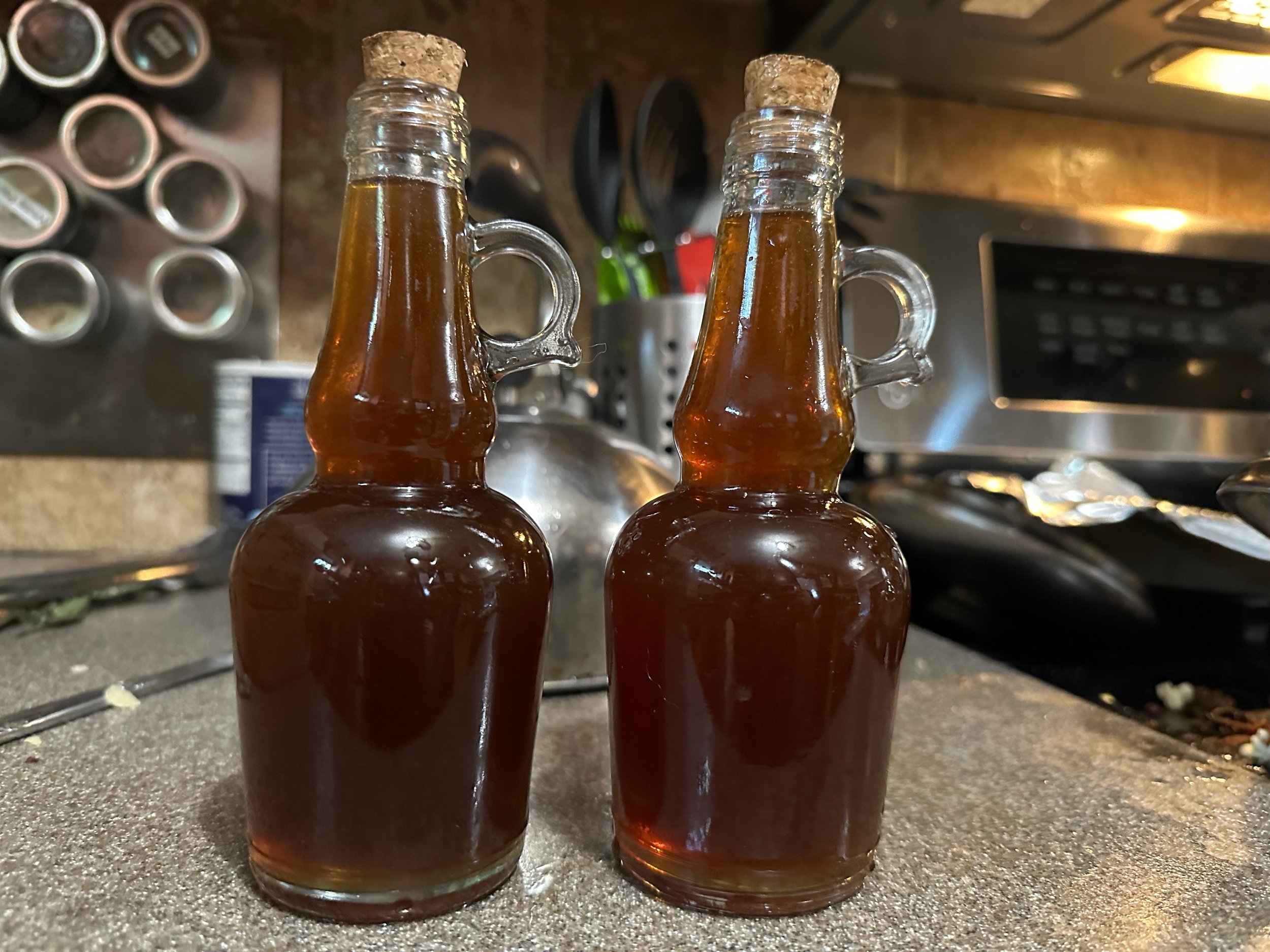
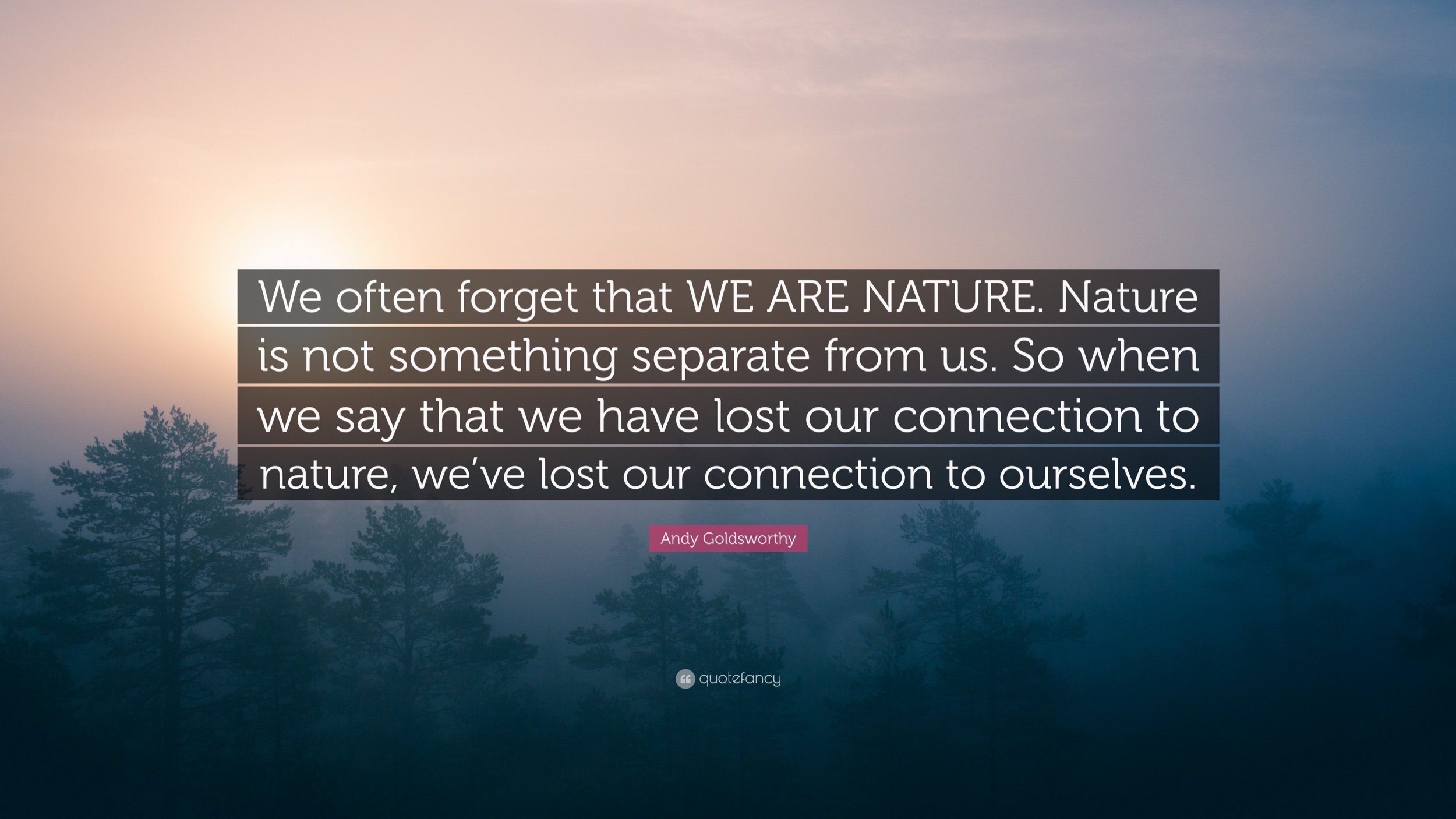

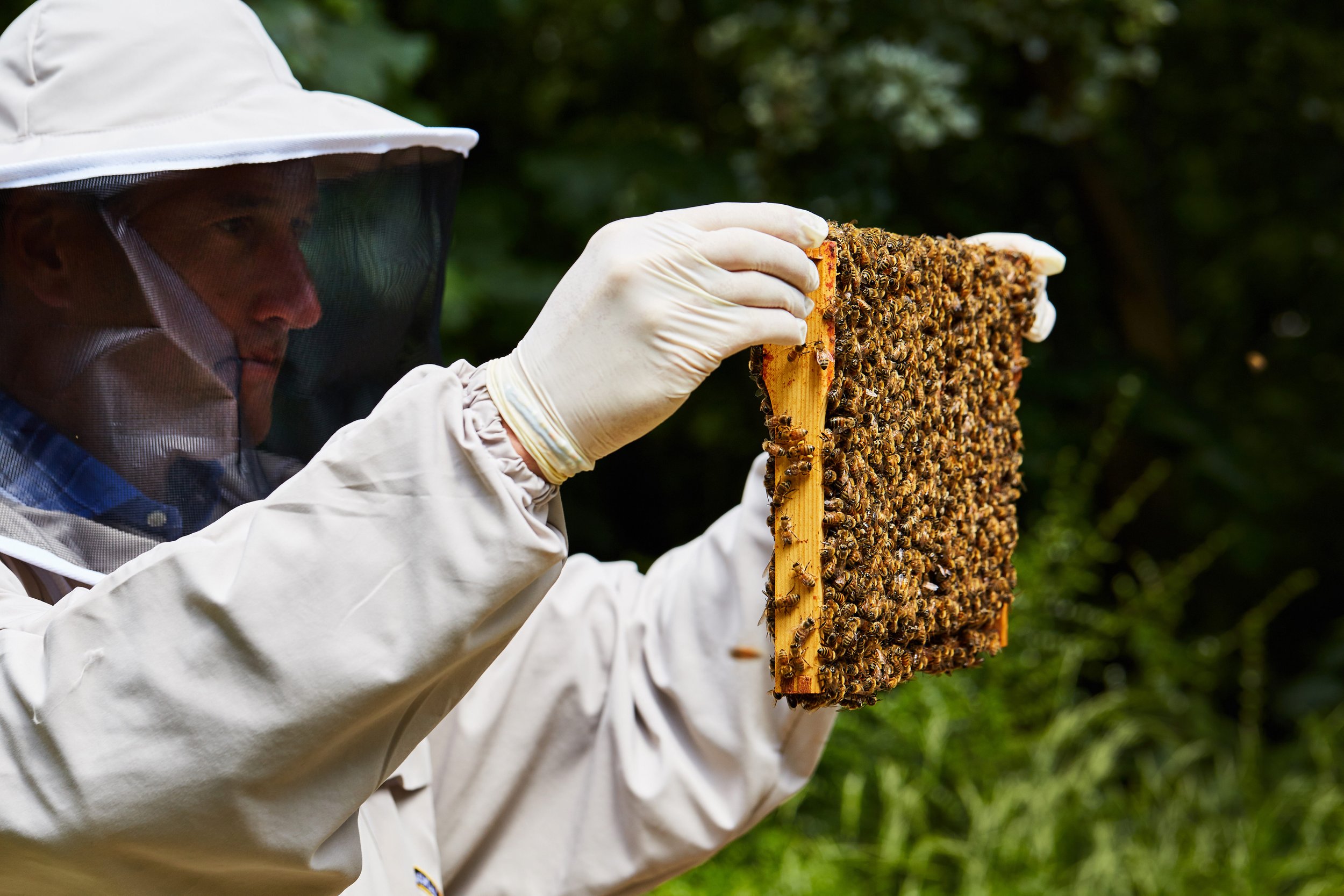
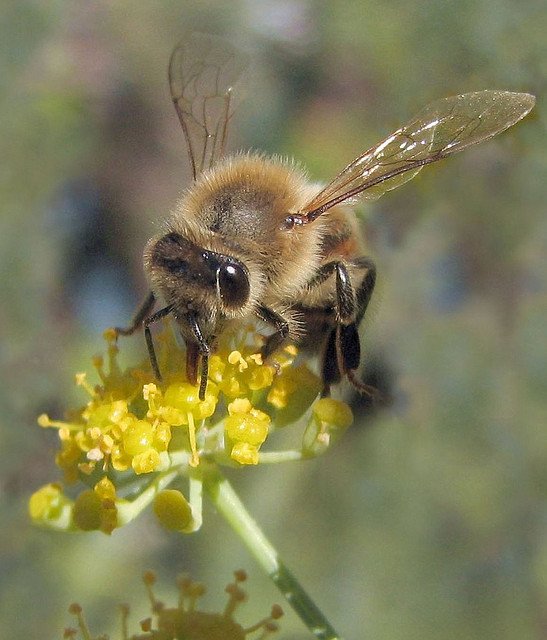
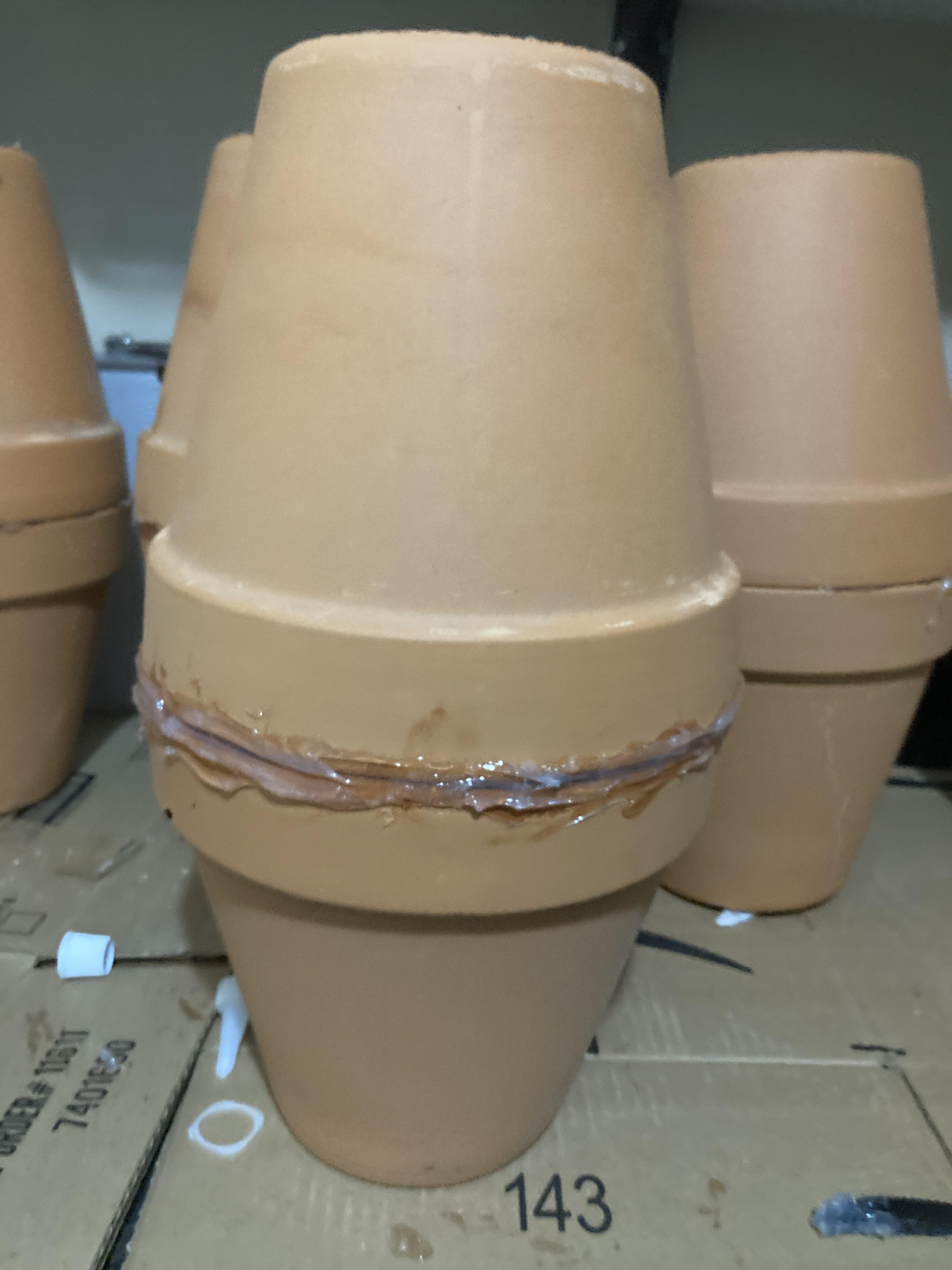
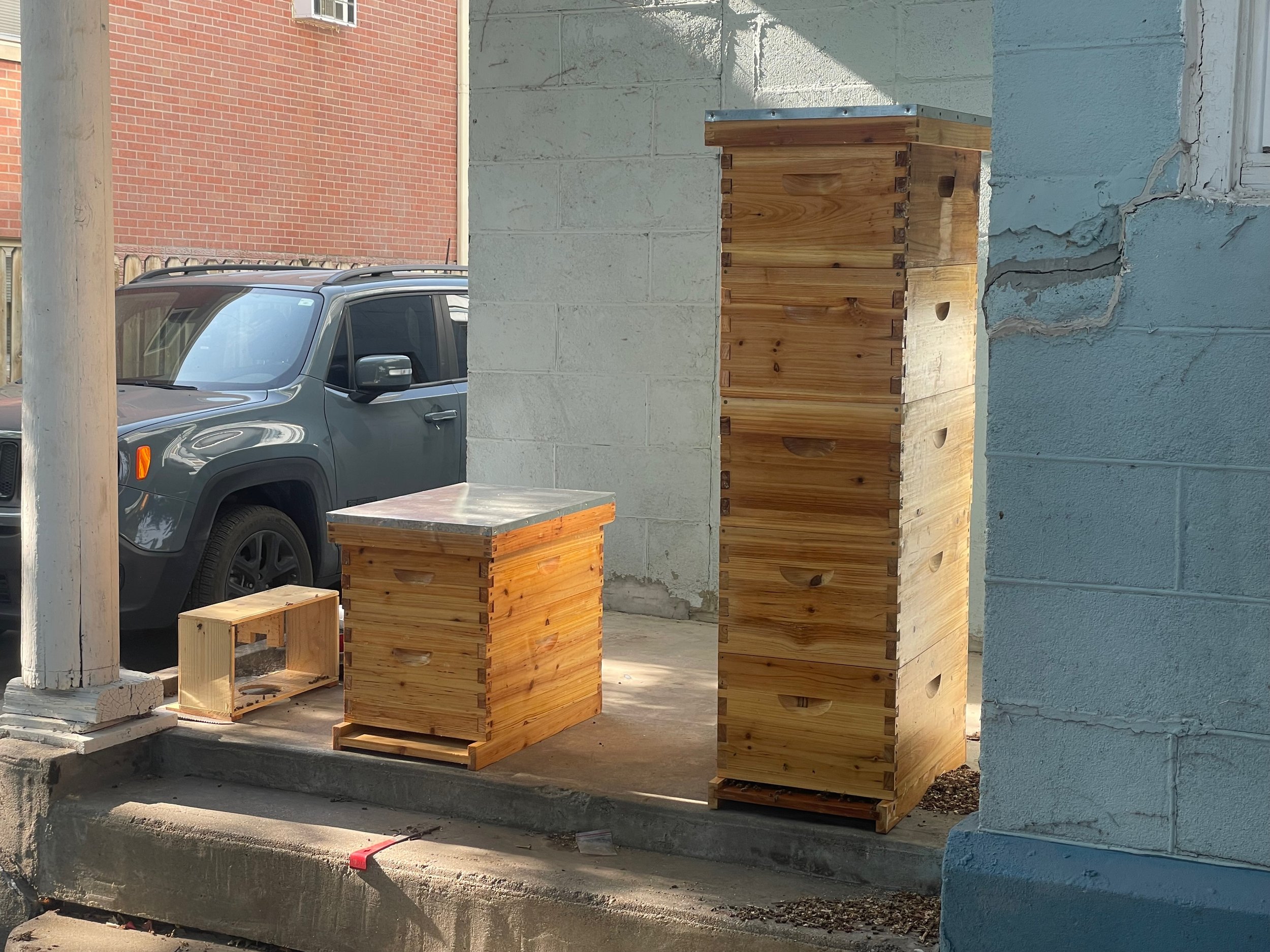

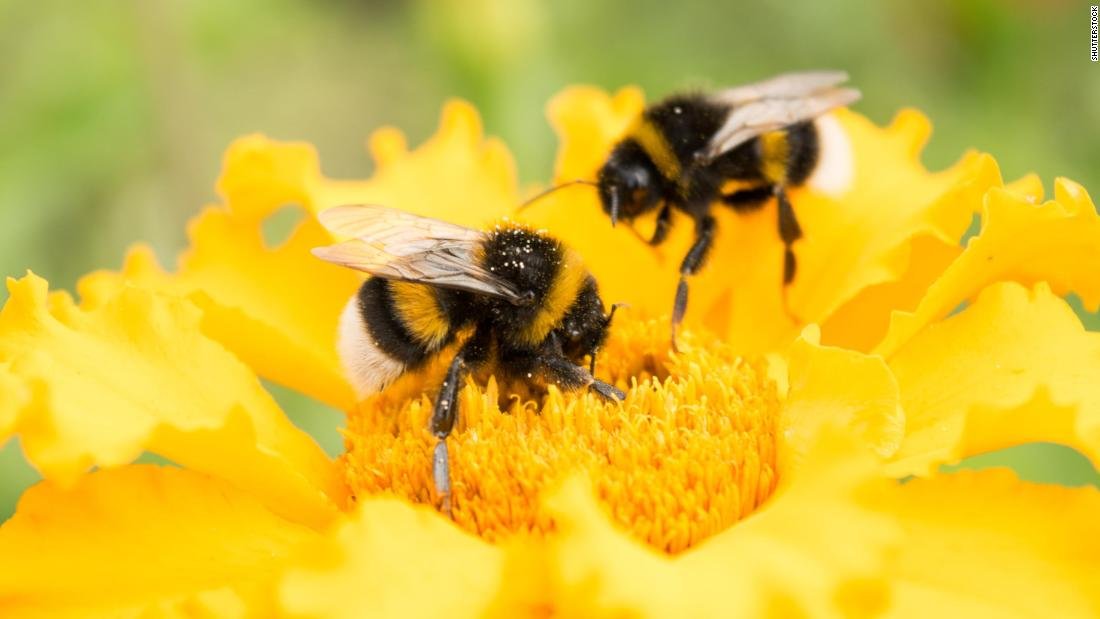
Around 1000 seeds total. We will see how they all do. I could buy onion sets but I like knowing how to grow from seed as I can grow varieties that are harder to find.